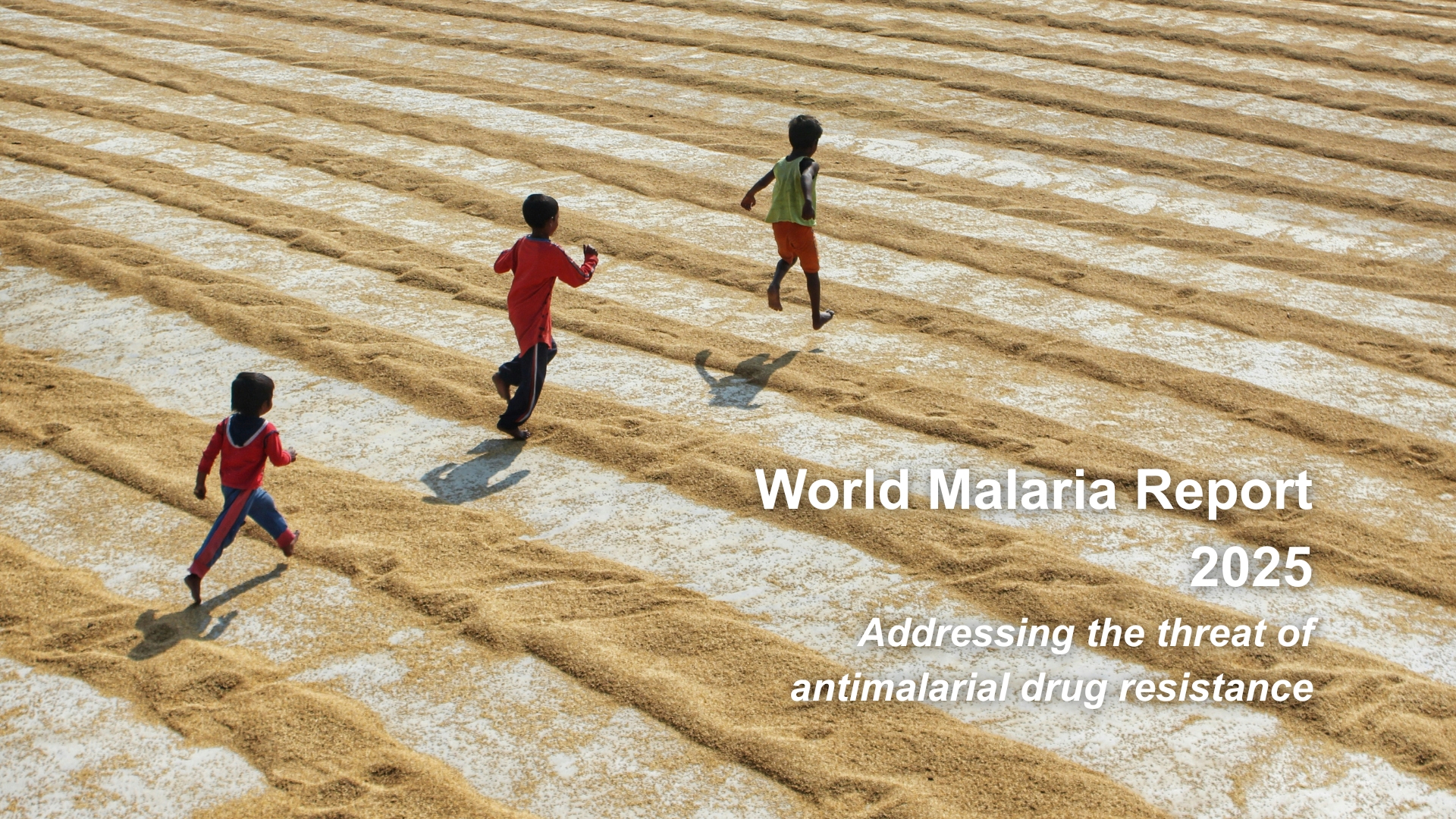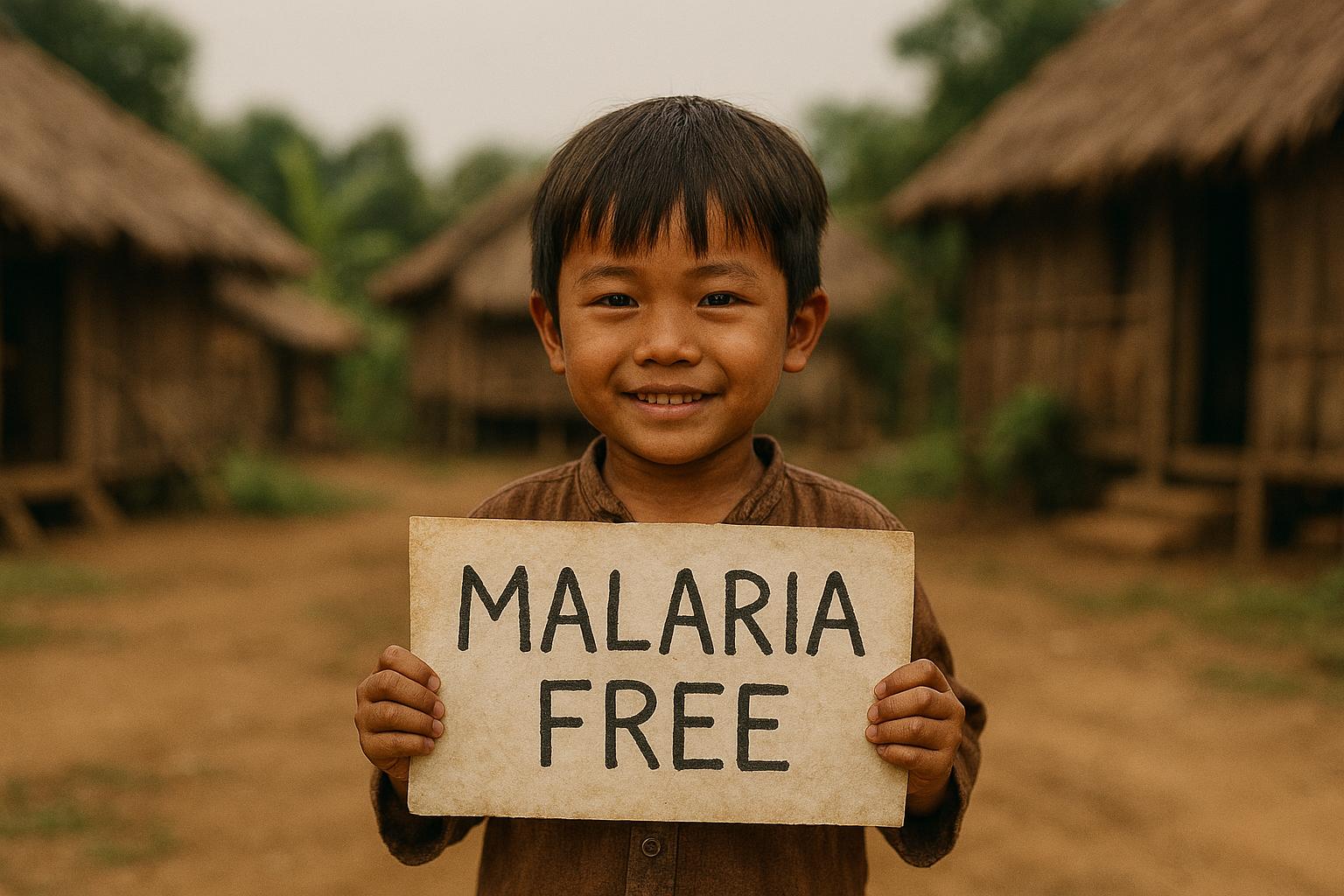
“When malaria patients get their hands on the wrong drugs, they are at risk of dying from malaria, transmission continues, and resistant malaria strains can spread faster.”
Dr Marie Lamy, Director of Access and Policy at APLMA
It’s easy to imagine that poor-quality and fake medicines are a by-product of today’s outsourced manufacturing habit and vast global distribution networks. But they are not nearly so new. In the 1600s, when conquistadors discovered that South American cinchona bark could be used to treat malaria, Europe was overrun with fake bark.
Despite its long history, there is no effective coordinated global response to address the problem of fake or substandard medicines, which continues to impede the control and elimination of infectious diseases.
Since 2013, the World Health Organization (WHO) has managed a Global Surveillance System to improve reporting of such medicines into a rapid alert system. Latest estimates suggest that in low- and middle-income countries one-in-ten of all health technologies – including prevention tools, diagnostic tests and treatments – is substandard or falsified. Limited data means this figure may actually underestimate the extent of the problem.
The importance of tackling this critical issue to the achievement of global health goals was emphasized recently by the WHO Director-General during a high-level side-event that took place alongside the United Nations General Assembly in New York.
“Access to safe and effective medical coverage is essential to WHO goals,” said Dr Tedros Adhanom Ghebreyesus. “There is no universal health coverage, no health security without access to quality medicines.”
Substandard and falsified medicines can be found in almost all areas of health care including cancer, HIV and tuberculosis. In many endemic countries, poor-quality antimalarial medicines continue to threaten malaria elimination efforts and put lives at risk.
To raise awareness about this widespread challenge, APLMA partnered with the Lao–Oxford–Mahosot Hospital Wellcome Trust Research Unit (LOMWRU), United States Pharmacopeia, the WHO and others to organize the first-ever international conference on Medicine Quality and Public Health. Held in Oxford (UK). The event brought together health authorities, scientists, pharmacists, lawyers, national regulatory authorities, international organizations and other participants from across sectors to discuss and agree how to tackle falsified and substandard medical products on a global scale.
Following the conference, delegates issued the ‘Oxford Statement’, calling for global access to quality-assured medicines and medical products.
Combatting substandard and falsified medicines in Southeast Asia
Dr Marie Lamy, Director of Access and Policy at APLMA, presented the findings of her research on substandard and falsified medicines in Cambodia, Laos and Thailand. To study the issue, she interviewed over 50 policy actors, who influence medicines regulation in individual countries, and analysed related laws and policies. Based on this work, Dr Lamy identified challenges and opportunities to reduce the number of poor-quality medicines in the region.
Substandard and falsified medicines require a cross-sectoral and cross-border response
No single ministry, department or country can solve this problem alone Dr Lamy cautioned. Policy-makers across health, justice and the customs sector must understand the issue, and mobilize for a response that crosses borders.
Yet, as Dr Lamy highlighted, countries do not always prioritize the same challenges or adopt the same policy responses to them, which can make working together across borders difficult.
“We have too little data and no common definition of ‘substandard and falsified’ medicines in national laws and policies,” said Dr Lamy. “This makes cross-border cooperation especially problematic.”
The regional health security implications of substandard and falsified medicines should underpin a shared sense of responsibility and highlight the urgency of working together across borders to develop coherent, consistent policies and responses.
Dealing with this issue requires strengthening health systems and drug regulatory authorities
Weakly enforced rules and regulations on medicines provide an opening for poor-quality medicines. When regulators do not conduct systematic post-market surveillance and quality control, or when customs officials remain unaware of the threat, medicine manufacturers and importers can bypass regulations and fake medicines can be smuggled across borders and into national or local market.
A related World Health Assembly Resolution calls on Member States and WHO to strengthen regulatory systems, but national regulatory authorities need adequate resources to detect and prevent falsified and substandard antimalarial medicines. As a first step, Dr Lamy suggests implementing mechanisms to share best regulatory practices between countries and promoting cross-sectoral collaboration. These would strengthen national health systems without compromising national sovereignty and maximize the use of limited resources.
Turnaround: Malaria elimination can be an entry point to engage leaders on the problem of poor-quality medicines
Over 20 Asia and Pacific heads of government have already committed to eliminating malaria in the region by 2030, which will not be possible without access to appropriate and good quality treatments. This adds an extra impetus to ensuring the quality of medicines to treat the disease. Tackling the problem of poor-quality antimalarial medicines can also have the knock-on benefit of engaging leaders in ways that help address parallel issues for improving access to quality medicines for other conditions.
Partnerships to prevent and detect circulation of substandard and fake medicines
The Asia Pacific Regional Regulatory Partnership (RRP) is one example of a regional platform that highlights how governments, health and regulatory agencies can work together to strengthen regulatory systems. One of the objectives of the RRP is to strengthen the capacity of national regulatory authorities to prevent and detect the production and circulation of substandard or falsified medicines, and to ensure that good quality antimalarial medicines are available to patients who need them, whatever part of the health system they access.
This work on defining the problem and framing policy solutions to prevent poor-quality medicines has informed APLMA’s strategy on improving and expediting access to quality-assured life-saving antimalarial medicines. As more careful analysis of related problems and challenges is made available through the platform, regulatory authorities and partners are identifying solutions and driving policy change.
Substandard or falsified medicines are receiving greater political attention, and the APLMA team has seen some of these shifts first-hand when working with countries to improve access to effective and high-quality antimalarial medicines. But the problem is deep-rooted and much remains to be done.
Part of the wider solution must be to move beyond specialist platforms to raise greater awareness of the issue among policy-makers and other stakeholders more broadly. The forthcoming Asia Pacific launch of #MedsWeCanTrust – a global campaign to harness political will among decision-makers – will help facilitate policy change towards ensuring safe, quality medicines to treat and eliminate diseases, including malaria.
The time to act is now. Together we can improve access to quality medicines in the Asia Pacific region.
This article is based on a presentation by Dr Marie Lamy, Director of Access and Policy at APLMA, during the recent international conference on Medicine Quality and Public Health. During the event, Dr Lamy shared findings on: Framing the challenge of poor-quality medicines: problem definition and policy making in Cambodia, Laos, and Thailand.
For further background on the importance of collecting reliable and robust data on substandard or falsified medicines, and review latest findings across low- and middle-income countries, read this recent review: Ozawa S, Evans DR, Bessias S, et al. Prevalence and Estimated Economic Burden of Substandard and Falsified Medicines in Low- and Middle-Income Countries: A Systematic Review and Meta-analysis. JAMA Network Open. 2018;1(4):e181662.
.svg)


.jpg)






